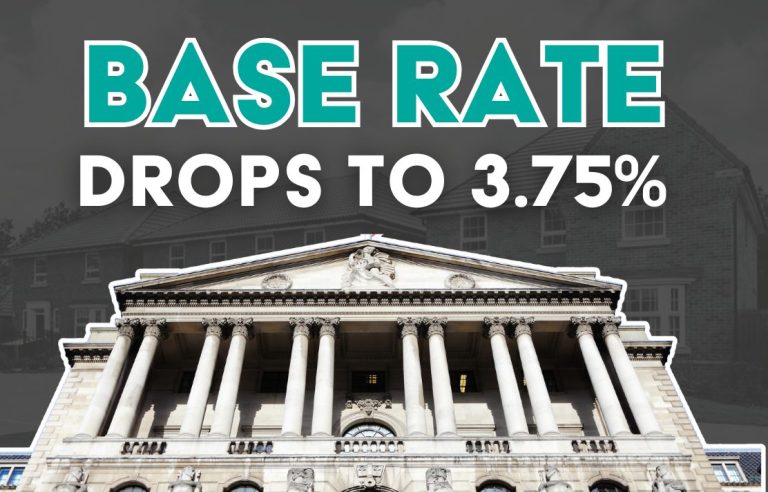Curious about stamp duty on remortgaged properties? The mortgage specialists at UKMC are here to help you understand!
Is it time to remortgage? Then you likely have a long to-do list.
And one question you may have is: ‘Do I pay stamp duty when remortgaging my property?’
The short answer is ‘no’; stamp duty isn’t payable unless there’s a need to transfer the legal title of your home as part of the transaction.
Let’s explore the topic below.
What is stamp duty?
You must pay Stamp Duty Land Tax (SDLT) if you buy a property or land over a certain price in England and Northern Ireland.
It’s known in Scotland as Land and Buildings Transaction Tax, while in Wales it’s Land Transaction Tax.
Put simply, the amount you pay increases as the property’s price does.
In England and Northern Ireland, the threshold at which stamp duty applies is £250,000 for residential properties and £150,000 for non-residential land or property.
How much you pay depends on whether the land or property will be used as a home.
The rate changes if you already own a residential property and are buying a second (or additional) one.
There are different rules and stamp-duty exemptions for first-time buyers, who will only need to pay tax if the property’s value is above a certain threshold.
If you, and anyone you’re buying with, are a first-time buyer of a residential property in England or Northern Ireland, you can claim relief if both of the following apply:
- you intend to occupy the property as your main residence
- the purchase price is less than £625,000
You’ll pay:
- 0% on the first £425,000
- 5% on the remainder up to £625,000
*UK Mortgage Centre is not a tax advisor and this table is to be used purely for generic information purposes.
For personal quotations, please speak to your solicitor.
The thresholds are accurate at the time of publishing, June 2024, and the figures sourced from gov.co.uk
Do you pay stamp duty on a remortgage?
As mentioned in the introduction above, in most instances the answer is ‘no’, you don’t.
Stamp duty on remortgage doesn’t apply because it’s a tax applicable only when the buyer is acquiring new property or land.
When you remortgage, you either agree new terms with your existing lender or you switch to a different provider.
However, since there’s no transfer of ownership, there’s no need to worry about remortgage stamp duty.
The exception is if a remortgage involves changing the legal title of the property – perhaps by adding (or removing) someone’s name from the arrangement.
In that scenario, stamp duty may be due.
It’s always best to consult with a mortgage advisor or conveyancer for guidance tailored to your circumstances.
How UKMC can help
If you’re considering whether to remortgage and want to know more what to look out for, it’s best to consult with a financial advisor or suitably qualified mortgage broker to fully understand the risks, costs, and criteria associated with doing so.
UKMC has accumulated years of experience helping people with remortgaging, allowing them to explore fully lenders, products, and options that best suit them.
A tally of more than 400 positive reviews on Trustindex is proof that we know what we’re doing.
So, if you want to know more about remortgaging, why not book your consultation today?
The process of getting started is straightforward; simply arrange a call with a member of our team.
You have the option of requesting a callback at a convenient date and time.
To get started, you can also fill out our online contact form or book your own appointment.
Disclaimer
UK Mortgage Centre Limited is an Appointed Representative of Refresh Mortgage Network Limited. Refresh Mortgage Network Limited is authorised and regulated by the Financial Conduct Authority. We are entered on the Financial Services Register under firm number 1019794.
As a mortgage is secured against your home, it could be repossessed if you do not keep up the mortgage repayments. The Financial Conduct Authority does not regulate some forms of buy-to-let mortgages.
The Financial Conduct Authority does not regulate will writing and taxation and trust advice.
You may be charged a fee for your advice. A typical fee is £495, which would be payable when you receive your mortgage offer. Your dedicated advisor will discuss this further on your free initial phone call.
Registered company number: 15825320







